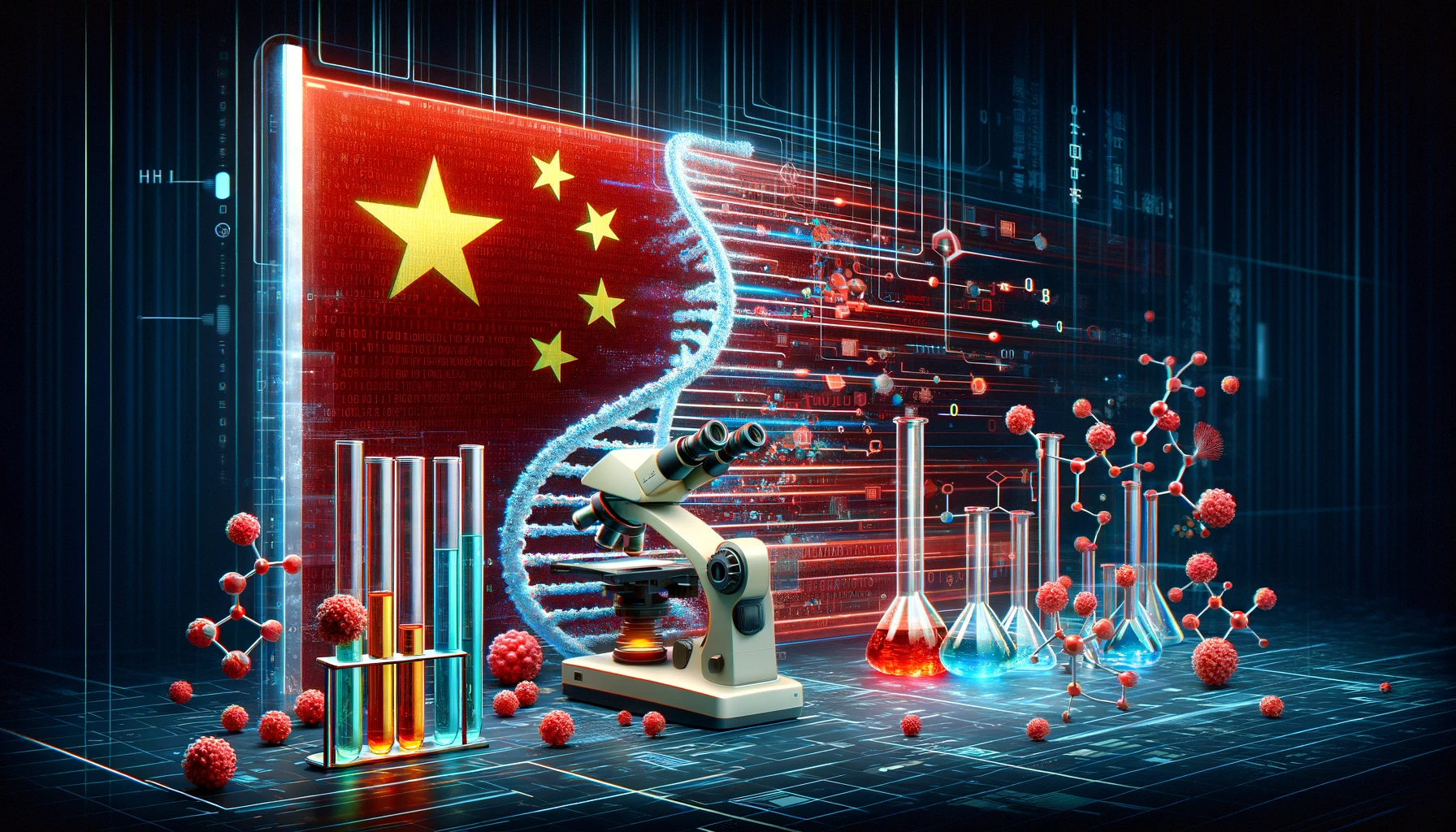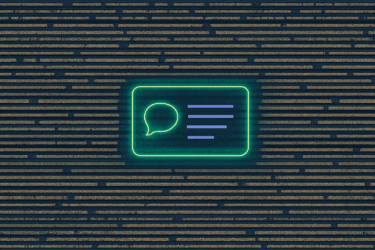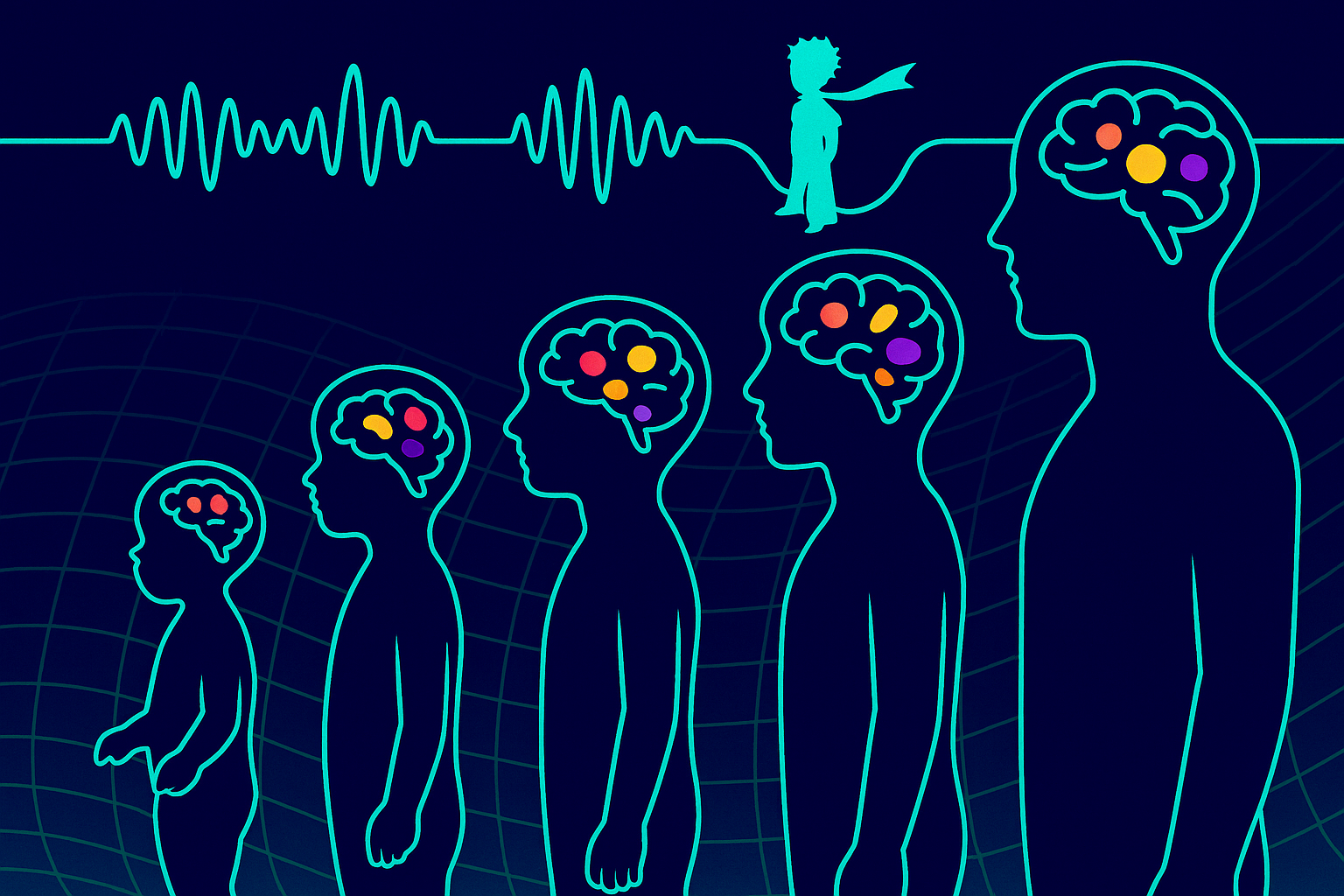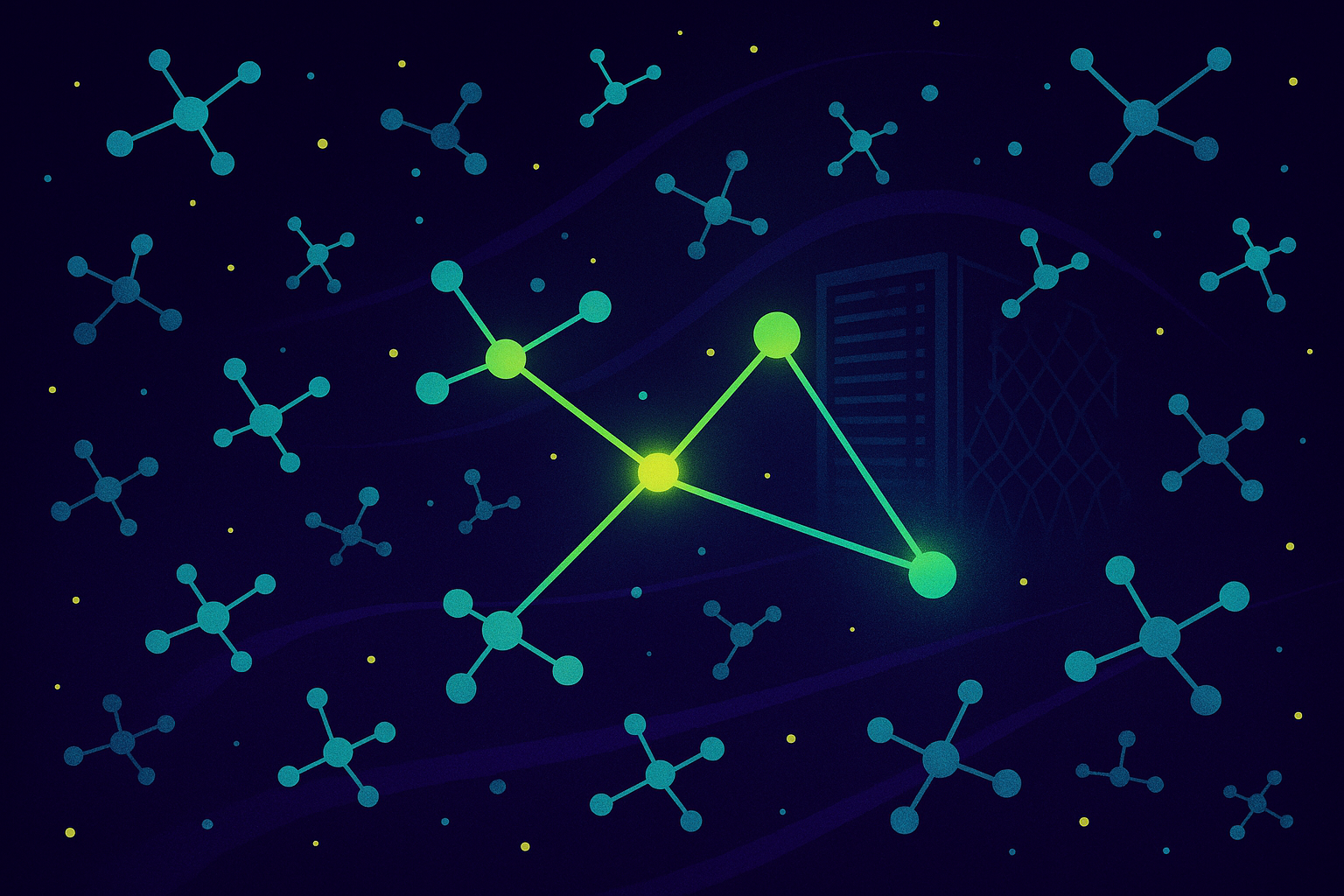In late December, the Chinese Ministry of Science and Technology released guidelines for the responsible use of generative AI in science to promote the "healthy development" of research.
Aimed at both individual researchers and institutions, the guidelines cover various aspects of the research process, including topic selection and peer review. The focus is on ethics, safety, and transparency.
The new guidelines state that AI cannot be listed as a co-author. This addresses the concerns of some scientists who have listed AI tools such as ChatGPT as co-authors, a practice that many journals have already banned. The guidelines also require that any content or results created using generative AI be clearly identified as such.
A researcher at the Chinese Academy of Social Sciences, who spoke to the South China Morning Post on condition of anonymity, sees the widespread use of generative AI as an "irreversible trend". The researcher argues that it is more important to figure out "how to allow researchers to use it in an appropriate way and to … keep up with international trends."
The Ministry of Science document explaining the new rules also states that the rapid development of AI technology has "promoted profound changes in scientific research paradigms."
The guidelines are necessary to clarify issues of authorship, intellectual property, and data processing, according to the ministry. It notes that the guidelines are based on "useful foreign experiences and reflect international practices," and that they will be updated based on further technological developments.
Restrictions on AI-generated content
The guidelines also require that AI-generated content and results be labeled in the scientific text, especially when it comes to key elements such as facts and opinions.
AI-generated content should be identified in the footnotes, methods section, or appendices of research papers, along with explanations of how it was generated and what software was used.
Content identified as AI-generated should not be treated as original literature. If other authors wish to cite this content, an explanation should be provided. The guidelines also require that AI-generated citations be verified before use.







